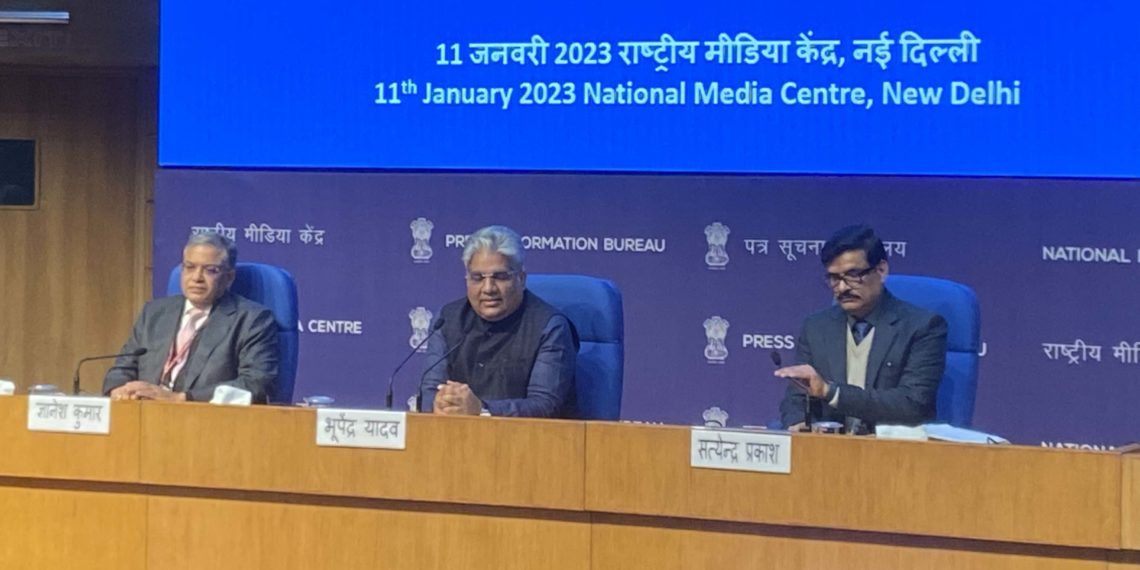The Union Cabinet chaired by Prime Minister Narendra Modi on Wednesday gave its nod to the formation of three national level multi state cooperatives, one for seeds, second for export and the third for organic produce.
It was revealed during the press conference held at National Media Centre, addressed by Union Minister for Environment, Forest and Climate Change Bhupendra Yadav. During the meeting, Union Cooperation Secretary Gyanesh Kumar, Additional Secretary Pankaj Bansal and others were also present.
The organic co-op will act as an umbrella organisation for aggregation, procurement, branding and marketing of organic products. It is being said that Amul will be a key player in this along with many others.
The seed co-op will help reduce the yield gaps and enhance productivity. Indian cooperative has learnt that fertiliser cooperative Kribhco is preparing the blueprint of multi-state seed cooperative.


“Multi state cooperative societies, national level cooperative federations and others can become its members. Basically, the three new cooperatives will help not only in achieving the ‘Sahakar Se Samridhi’ mantra but also in doubling farmers income”, said Yadav while addressing the conference.
Readers would recall that earlier on several occasions, Union Cooperation Minister Amit Shah mentioned these initiatives of setting up these co-ops.
Primary to national level cooperatives societies including primary societies, district, state and national level federations, multi state cooperative societies and Farmers Producer Organisations (FPOs) can become its Member. All these cooperatives will have their elected representatives in the Board of the society as per its bye-laws.
These will act as an umbrella organization for their respective fields and will have the support from relevant Union Ministries especially Ministry of Agriculture and Farmers Welfare, Indian Council for Agricultural Research (ICAR), Ministry of Commerce and Export, etc.
The Prime Minister has observed that all efforts should be made to leverage the strengths of cooperatives and transform them into successful and vibrant business enterprises to realize the vision of “Sahakar-se-Samriddhi”. It is thus imperative for the cooperatives to think globally and act locally to leverage their comparative advantage.





















































